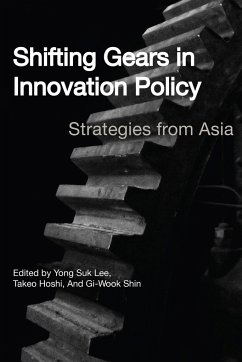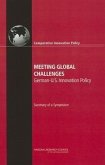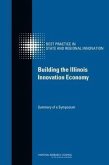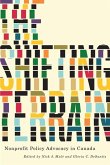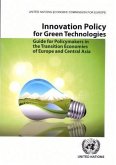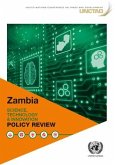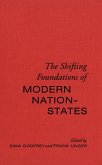In the six Asian countries focused on in this book China, India, Japan, Singapore South Korea and Taiwan high economic growth has been achieved in many industrial sectors the catch up phase of growth has ended or is about to end and technological frontiers have been reached in many industries. These countries can no longer rely on importing or imitating new technology from abroad and expanding imports and instead have to develop their own innovations to maintain growth. The policy tools they often used to advance innovation for the most traditional industrial policies of identifying promising industries and promoting them will no longer be effective. And indeed governments in Asia have recently put forward new policies such as Chinas push for mass entrepreneurship and innovation. Domestic conditions in Asian economies have also started to change. Many countries are facing rapidly aging populations and low birth rates: Japans population declining for several years is the first population decline not caused by war or disease in the modern world; South Koreas labor force started to shrink in 2018 as well; Chinas huge population will start to age even as a large part of the population remains poor. Facing these challenges today Asia is at a juncture. East Asia as a whole has greater real economic output than North America, South and Southeast Asia possess enormous economic potential due to size and resources and countries within Asia are becoming more connected in both trade and diplomacy. It is at this juncture that the authors of Shifting Gears examine and reassess Asias innovation and focus on national innovation strategies and regional cluster policies that can promote entrepreneurship and innovation in the larger Asia Pacific. Chapters explore how institutions and policies affect incentives for innovation and entrepreneurship; whether Asias innovation systems are substantially different from those of other countries and in which ways and whether there are any promising strategies for promoting innovation.--Publisher description.

